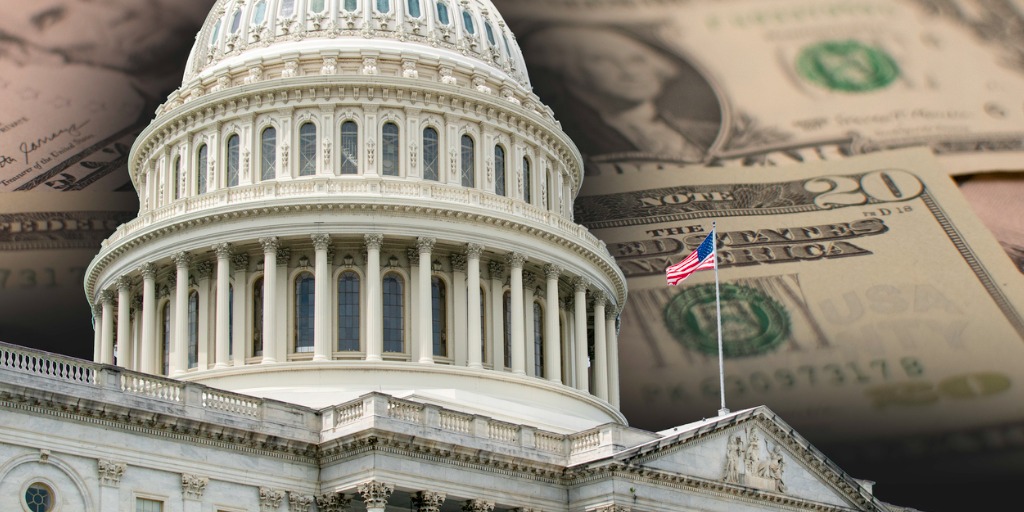
Heading For a Soft(ish) Landing Even Without Long Term Budget Solution
October 2, 2023
 By Michael Moreland
By Michael Moreland
Retired Vice President of InvestmentsBy the time you read this, a temporary solution to the Federal budget negotiations 1) will have been reached, or 2) if not, front page news will have switched from the Senate dress code to the impact of disruption in payments and services.
Despite the economic and human risks of an extended shutdown, market participants have grown less concerned about the near-term ramifications of a dysfunctional budget process. Vanguard Investment Research provided an interesting perspective late last week:
Reactions to Past Shutdowns
Since the mid-1970s, there have been twenty-one U.S. government shutdowns. The S&P 500 rose during eleven of these and fell during nine (one started and was resolved over a weekend). A deeper dive shows a lessening level of concern with each successive shutdown.
• In the first seven instances, stocks fell in six and rose just once;
• In the next seven shutdowns, stocks rose five times and fell twice; and
• In the last seven, stocks rose five times and declined just once (the weekend shutdown occurred during this period).
What does this tell us? First, consider the times. The initial seven shutdowns took place in the mid- to late-1970s, a generally poor time for economic activity and market performance (plus rising inflation). The next group took place primarily in the Reagan era, characterized as one of strong growth for both the economy and financial markets (and falling inflation). This makes sense when we view the bigger picture.
The most recent episodes, from the late-1980s through now, are a mixed bag of economic and market behavior. One might think gains and losses during shutdowns would reflect this; instead, market performance was positive much more often than not.
Is there another explanation? To me, it suggests that markets are becoming inured to the inability of Congress and the Administration to perform its basic duties. This is not good. Our democracy is dependent on well-functioning, reliable federal leadership. We do not have that today.
Will the Budget Stall Affect Economic Recovery?
Rant finished. Budget issues aside, we expect the Federal Reserve to be successful in engineering a soft landing for the economy following its year-and-a-half inflation fight. In the absence of shocks, one or two more small rate hikes may be ahead, but the bulk of its work for this cycle is done. This is the theme of our quarterly Economic & Market Commentary. You will receive it with your September 30 statement; for a sneak preview, click here.
As always, we appreciate the trust you place in our services. Our priorities are to protect and grow your wealth – in the good times as well as more challenging periods. To see how we can work for you, call your Advisor or Investment Manager today. Your financial success matters to us!